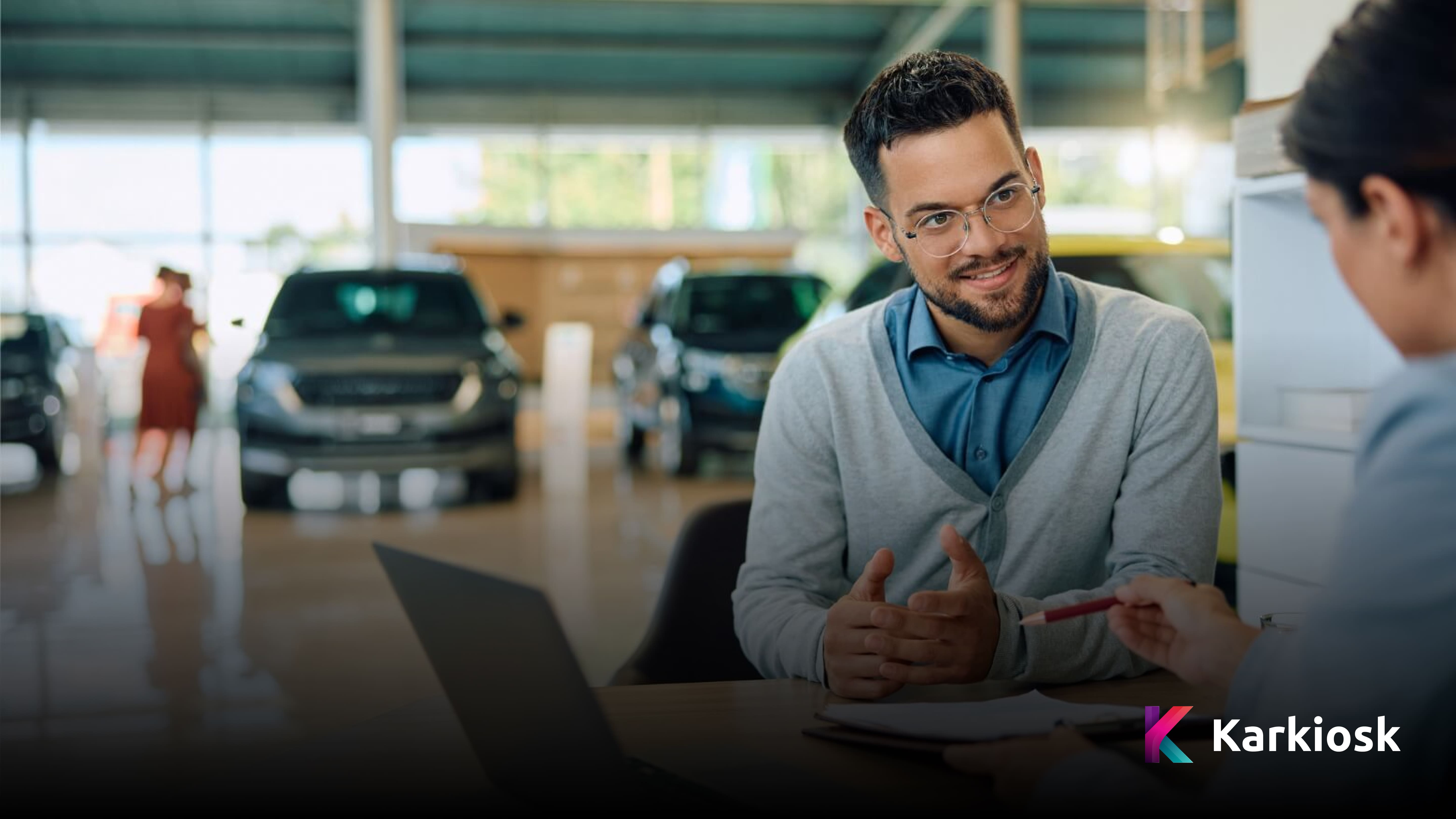Checklist: What to Do Immediately After a Car Accident (Legally and Insurance-Wise)
In the moment after a car accident, it can be very scary and confusing. The immediate aftermath can be overwhelming, but the things you do immediately after the crash will be very important to your safety, your health, and for any future legal or insurance claims.
Knowing what steps to take gives you back the control you need to protect yourself. Use the details below for a straightforward checklist about what to do and think about after a car accident.
At the Accident Scene: Your Golden Hour
First things first: safety. If you are in a car accident, take a deep breath and try to stay calm.
Prioritize Safety and Emergency Services
Stay at the Scene: No matter how minor an accident may seem, do not leave the scene. Leaving can have serious legal ramifications.
Move to Safety: If possible, move your vehicle to the shoulder or another safe location nearby to prevent another accident. If you stay in your vehicle, put your hazard lights on. If you cannot move your vehicle, leave it where it is and move yourself and any passengers to a safe location away from traffic.
Inquire About Injuries: Assess yourself and your passengers right away for any injuries. It's normal to feel fine right after an accident; adrenaline can play a role in concealing physical injuries. You also need to inquire about the occupants of the other vehicle(s).
Call for Emergency Services First: Dial 911 for the fire department, police, or paramedic services. The police can provide an official accident report, which is an important document for your insurance to process a claim. Paramedics can provide treatment.
It's also important to see a doctor after a car accident for your own sake. Seeing a doctor establishes a medical record. Should you ever need to file a claim, you would need to provide medical records documenting any injuries you sustained in the incident.
Get All the Documentation Down
Once the immediate danger has been contained and emergency services are on the way, you should start collecting documentation. This information will be important for your insurance company.
Talk to the Other Driver(s): Collect all the usual contact information from the other driver(s): their full name, address, relevant phone number, driver's license number, insurance company's name, and policy number. A great way to do this is to simply take a picture of their driver's license and insurance card.
Photograph and Video Record Everything: Using your phone, photograph or video record everything you can about the full scene. Document the exterior damage to every car involved from a few different angles. Photograph the surroundings at the crash site to capture all the details: traffic signs, marks on the road, road conditions, etc.
Gather Witness Statements: If there are any bystanders or witnesses, politely ask for their contact information. Getting statements from one or two witnesses is a good idea, as their account of the details can be very helpful.
Protecting Your Legal Interests
After a car accident, safeguarding your legal rights is crucial. Here are additional steps to ensure you're protected:
What Not to Do at the Scene
Do not say anything about who is at fault.
Do not admit you have any liability on the scene, even if it is innocent.
Do not apologize or say anything to the effect of, "Oh my gosh, I'm so sorry," as that can be construed as an admission of fault.
Do not sign anything unless the police ask you to do so.
After You Leave the Scene of the Accident
The first step is to report the accident to your insurance company to initiate a claim as soon as possible.
Start a claims file and organize all documents related to the crash.
Keep a copy of the police report, medical records, bills, and receipts for any expenses related to the accident in the claims file.
Document each conversation you have with a representative from the insurance company and note any legal advice you receive.
By staying organized and being mindful of what you say, you will help ensure your claims process goes smoothly and increase the protection afforded by legal structures.
If you want to take advantage of extra services or reduce difficulties or complexity after an accident, websites like Karkiosk have tools and resources for drivers to manage their insurance, repairs, and any necessary documents, all in one central location.




